Discover the pros & cons of using vegan leather as a sustainable alternative to animal leather. Learn about its production & environmental impact on Brown Living's blog. Oftentimes, the terms "sustainable" and "vegan" are used interchangeably, but there could be vast differences in the nature of the materials of a sustainable and a vegan product, making them different from each other.
Let's discuss the widely known material in the fashion industry, vegan leather. What is popularly sold as vegan leather or cruelty-free leather is for a majority, made from PU or PVC which are essentially different derivatives of plastic. These items, when they reach the end of their life cycle are neither biodegradable nor recyclable. Hence, they keep releasing micro-plastics into the environment or end up in landfills. So, if you have a vegan leather bag made with PU or PVC, you will notice how after about six to eight months, it starts peeling off.
The solution to this problem is plant-based leather, which is both Vegan and Sustainable.
It is mainly derived from the leftover leaves of plants like Pineapple, Cactus, Mango, Coconut, and many more plant-based materials to shape them into a preferred texture and color of the actual leather.
Research indicates that plant-based leathers have 40 times less carbon impact than animal leather and 17 times less than synthetic or PU leather.
In this journey of revolutionising plant-based leather, there is one such brand named Beej - India’s 1st accessory brand to work with multiple plant-based materials including cork, Pinatex, Desserto (cactus leather), and Mirum.
We got Arundhati Kumar, the Founder of Beej , to share her journey and challenges with building the brand:
Starting up
“I started Beej in January 2020 after spending 18 years as an HR professional. I often say that Beej was born out of a Google search. My dad has had a leather export house for over 45 years now, and when I decided to give up on my corporate career, I contemplated joining him.
Sustainability and especially the climate crisis and its impact was always an area of interest, but I wasn’t really into fashion. One day I googled 'sustainable alternatives to leather' and I saw so much that was happening in the area of materials research and innovations. Most of it wasn’t even available in India and I saw an opportunity right there. That’s really how Beej was born.”
Beej got incubated with the AIC at NMIMS, Mumbai while it was still in an ideation stage. Post that Beej has been a part of several UN women programs including the UN Industry Disruptor Program 2021, which is co-managed along with the WEP and Niti Aayog.
What does Beej do?
Beej was born from the philosophy that style and sustainability can and must co-exist, and that’s what drives every business decision we make at Beej. They design premium accessories, and lifestyle products using plant-based alternatives to leather. Every part of a Beej product is carefully put together to minimise impact, starting from our linings to our trims and packaging.
Beej is India’s first premium accessories brand that designs using various sustainable and plant-based alternative materials including cork, Pinatex, Desserto, Mirum and Hemp.
The other USP for the brand is the complete transparency of our Supply chain – as a consumer, you can see exactly what has gone into your product and where it has come from.
Challenges
“One of the biggest challenges we face as a brand today is awareness. What is popularly known and sold as vegan leather is primarily synthetic and plastic-based, so helping people understand why plant-based is different is a struggle.
The second challenge is competing with price points that are much lower than ours. Most of the materials we work with are imported and very high in quality. They are sourced and manufactured in ways that ensure their environmental impact is minimized across the product life cycle. All the materials come with various certifications including Okeo-Tex, GRS, GOTS, FSC, etc. All of this, however, adds to the material cost and to the overall product prices, she adds."
What makes Beej different?
Apart from being India’s first accessory brand to work with multiple plant-based materials, they are also completely zero-waste in their practices. They have a zero-plastic packaging policy. They are highly transparent in their practices and all the Beej products are handcrafted by a single artisan who takes great pride in crafting high-quality conscious products. From handbags to jewellry to travel accessories, they have a wide variety of products suitable for gifting, small accessories for personal use, and much more.
“The lack of options for conscious shoppers in India presented a huge opportunity. While there is a lot happening globally in the innovative materials space, there are only a few Indian brands experimenting with them. I wanted to change that. At Beej, we pride ourselves on working with cutting-edge materials combined with Indian workmanship.
"I am excited to be a part of a growing community of brands, artists, and consumers who are increasingly mindful of their practices and I believe that together we can make a meaningful shift to the way we view and consume fashion.”
Arundhati Kumar
This blog post was co-created with Beej. You can pick from a wide range of premium products from Beej available here.




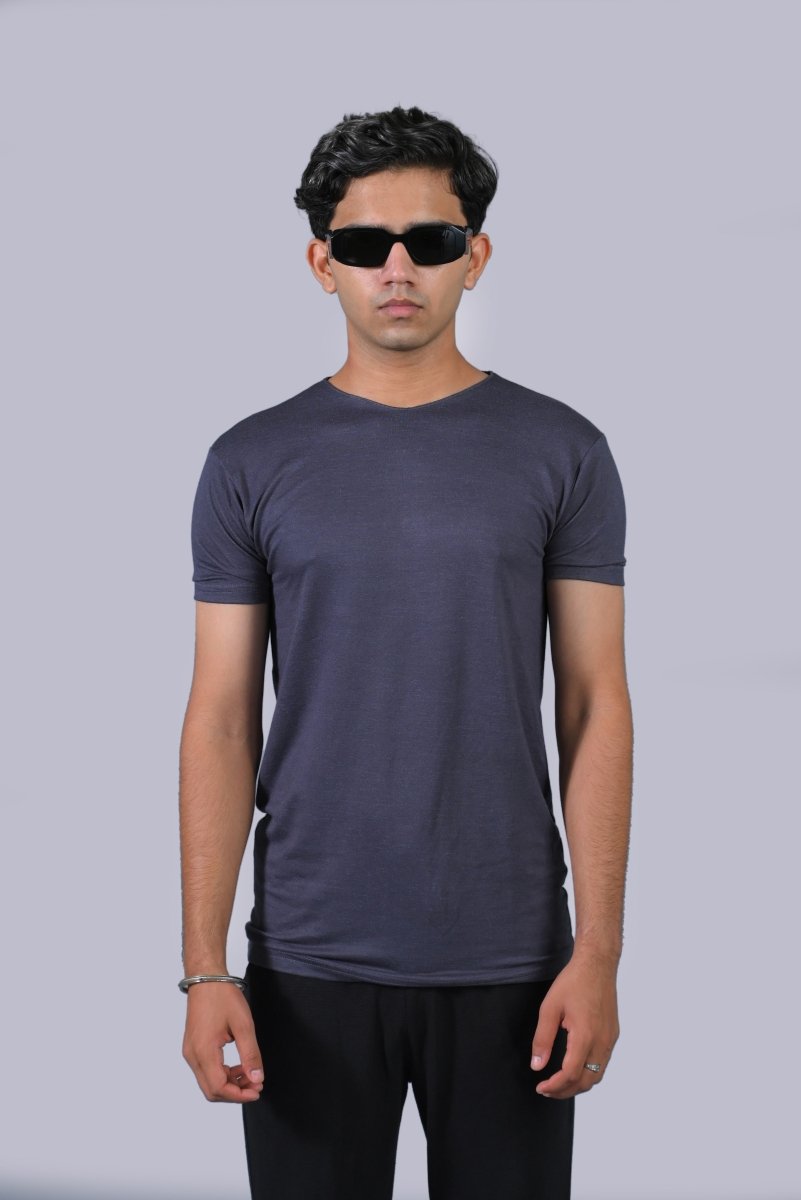
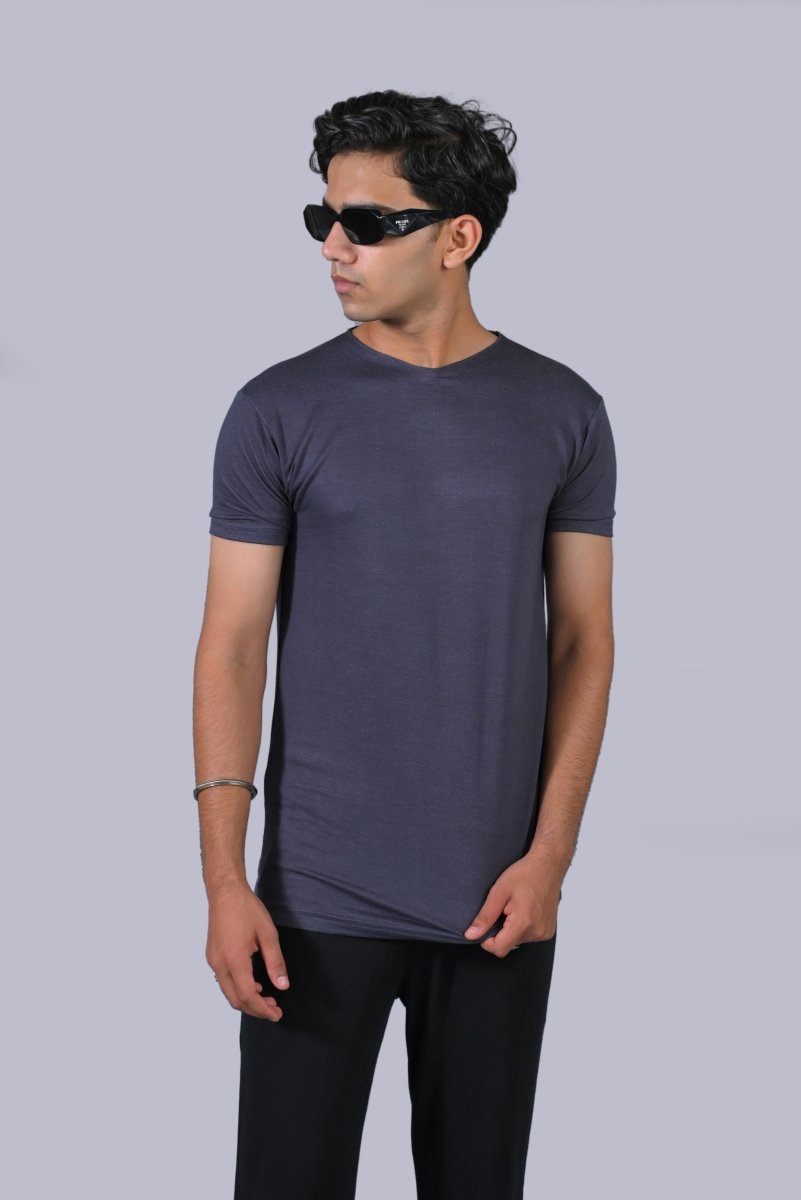
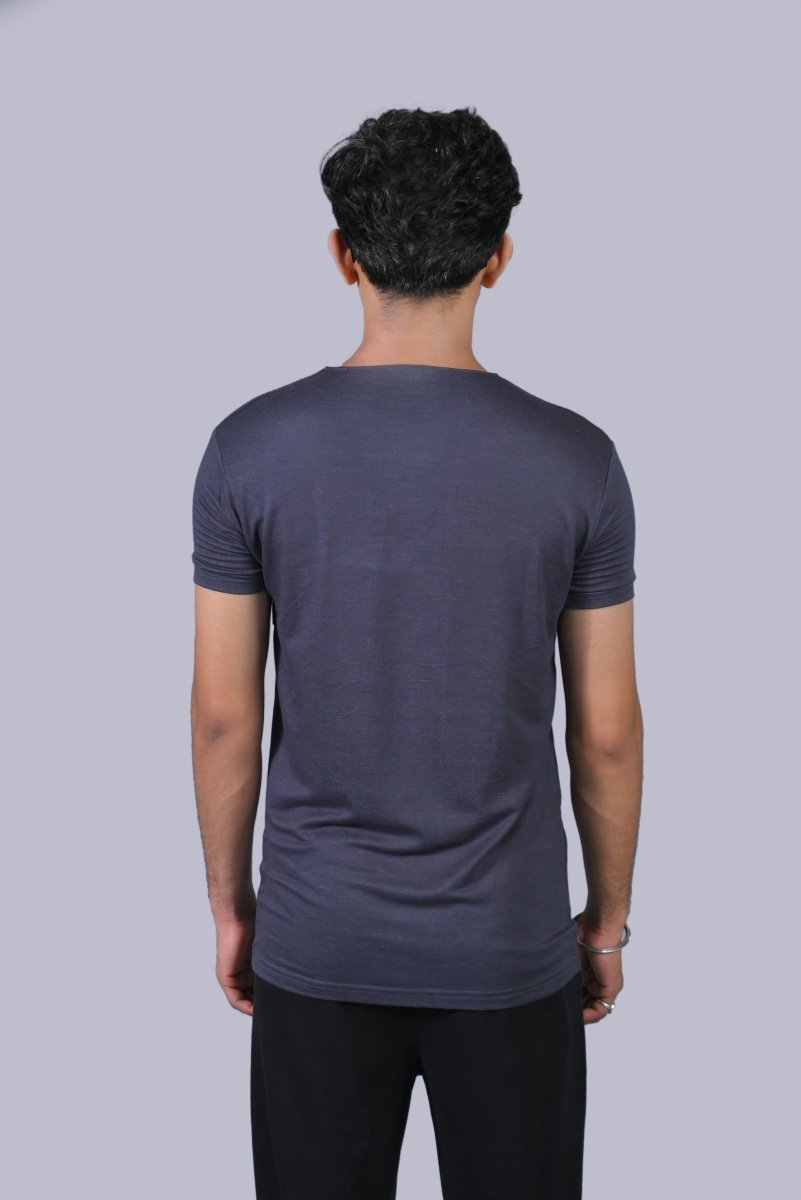
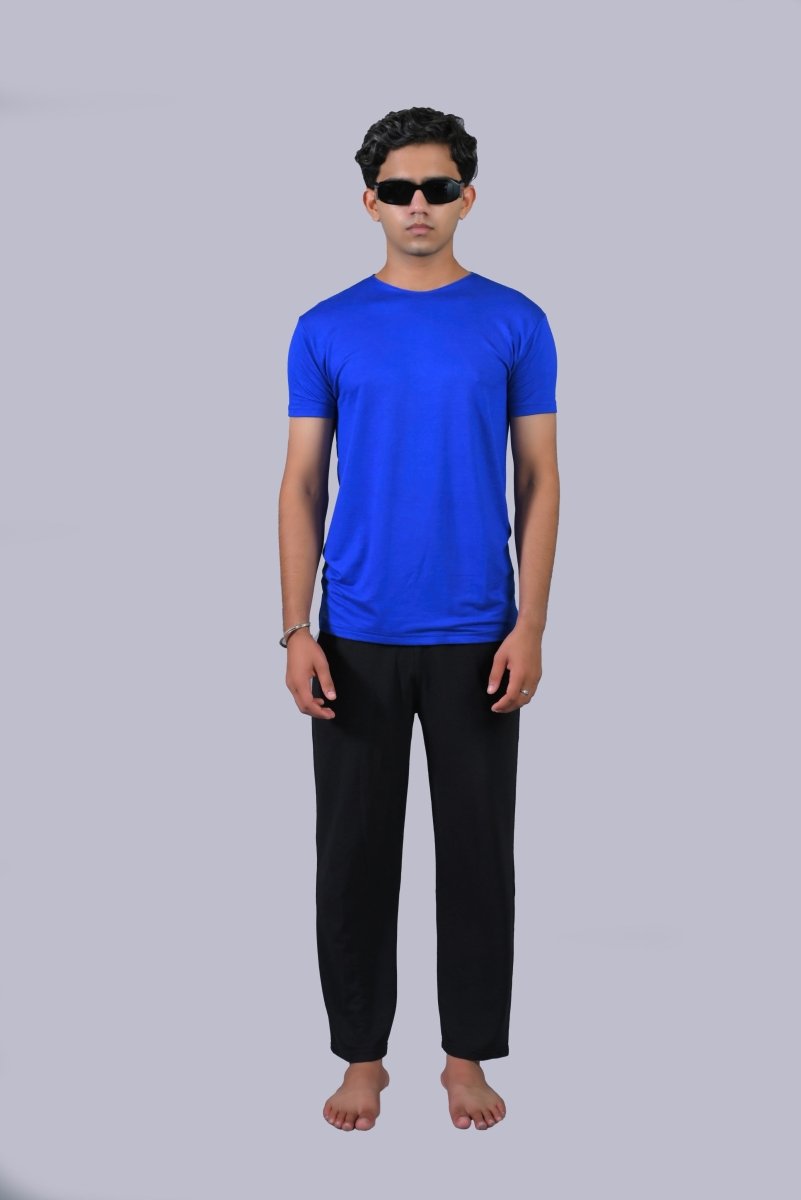
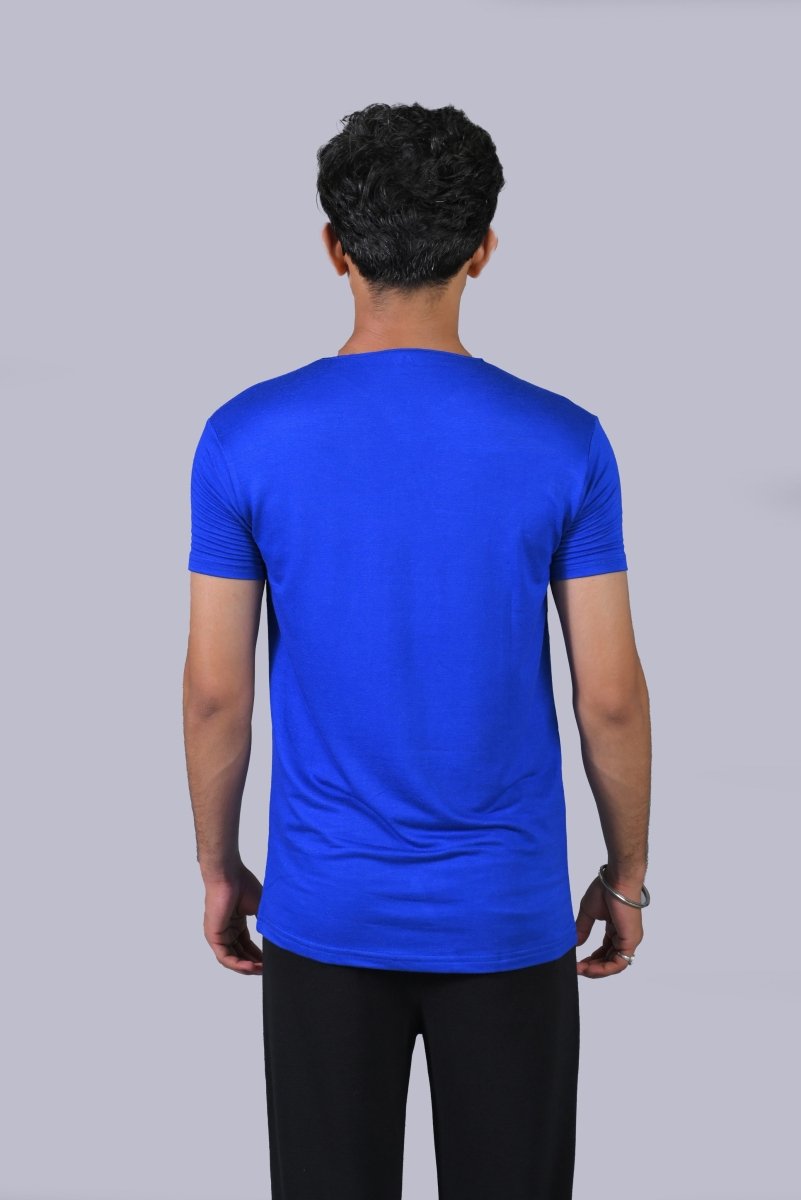

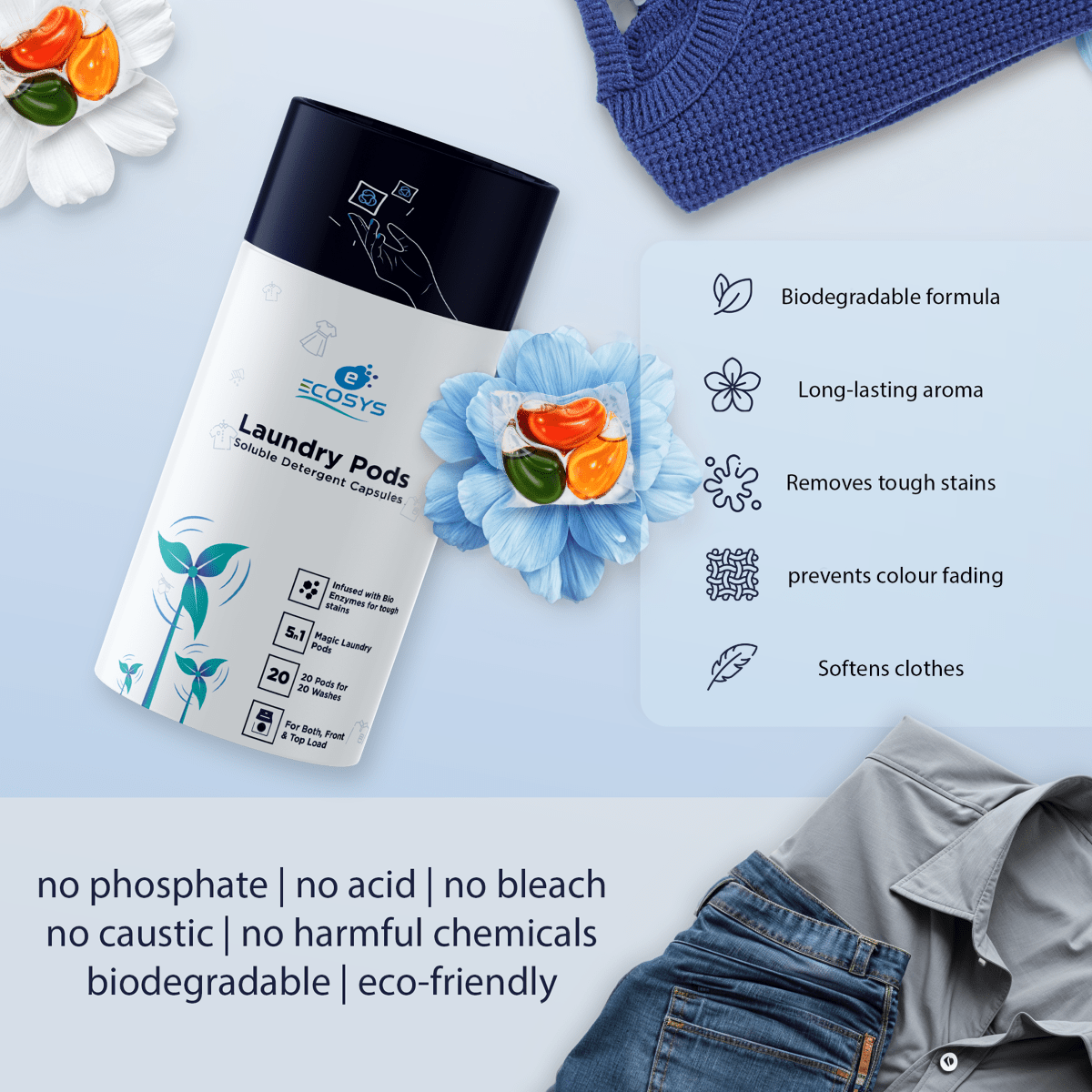
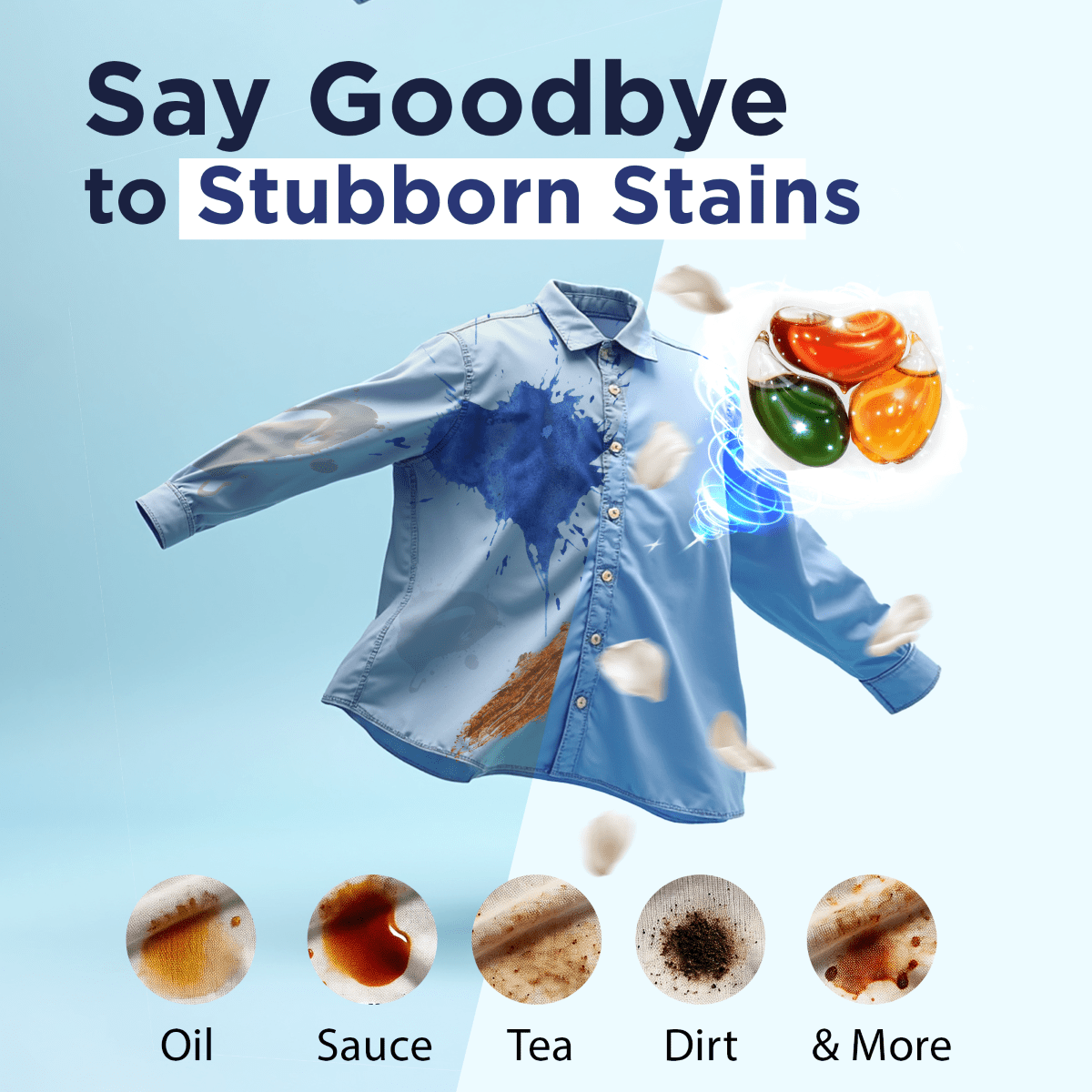
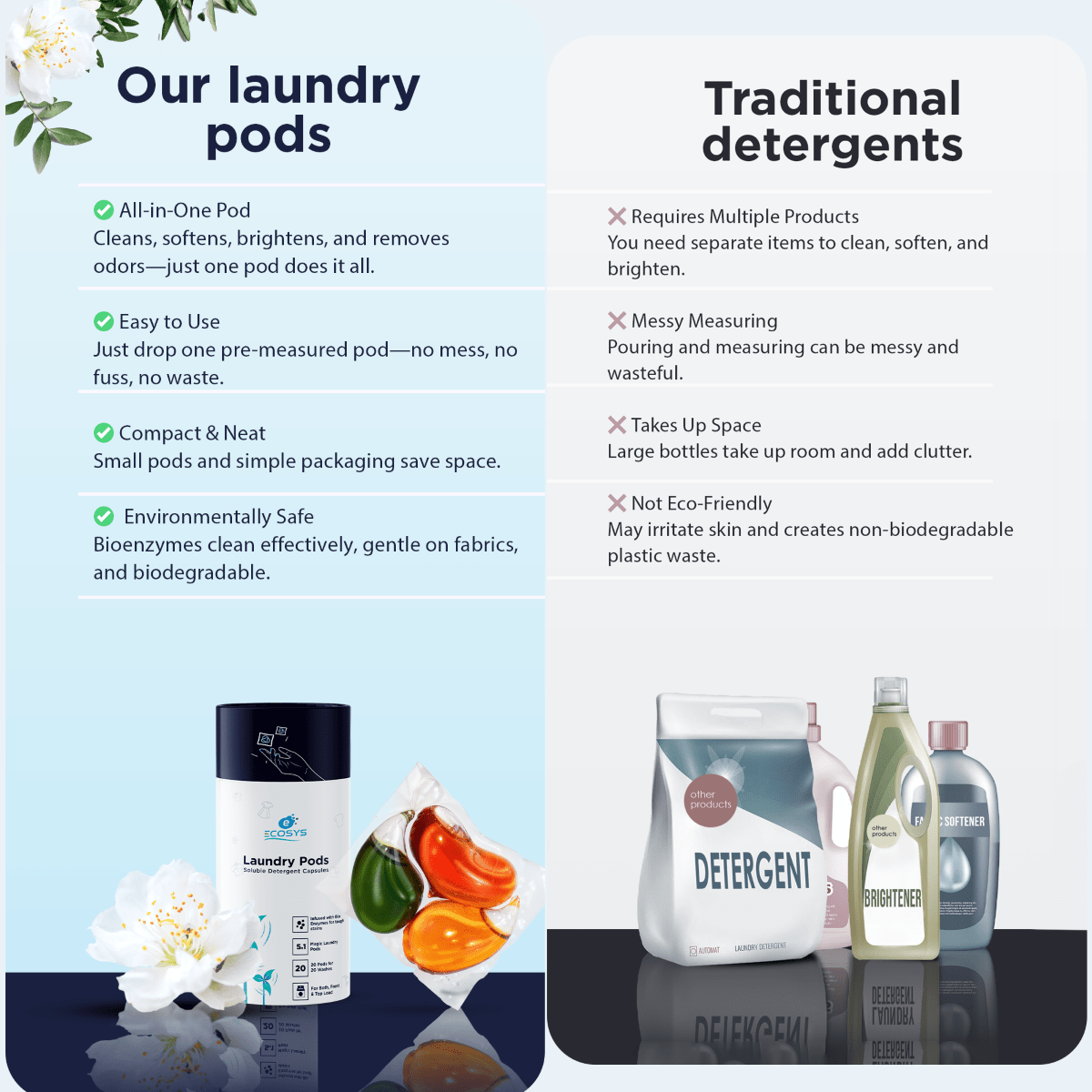
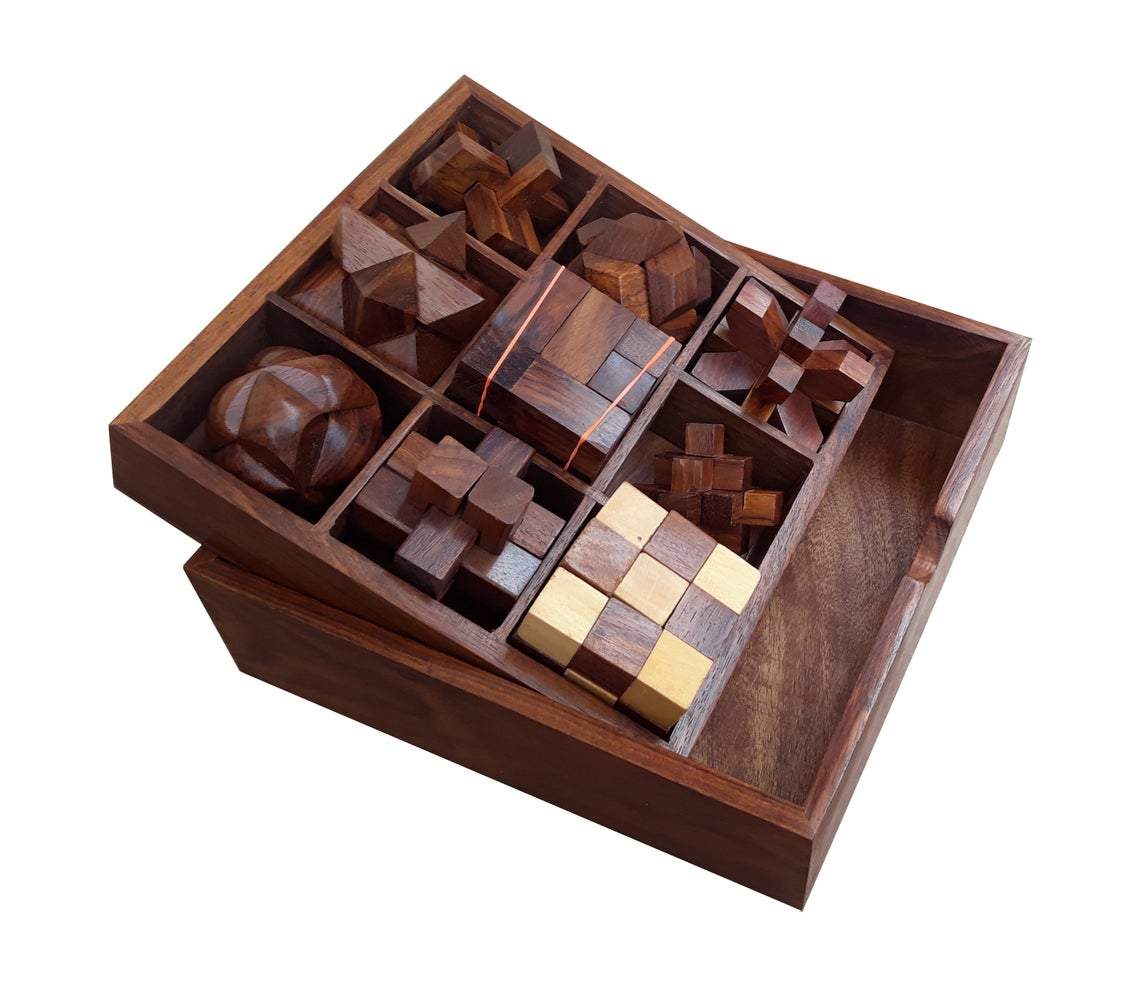
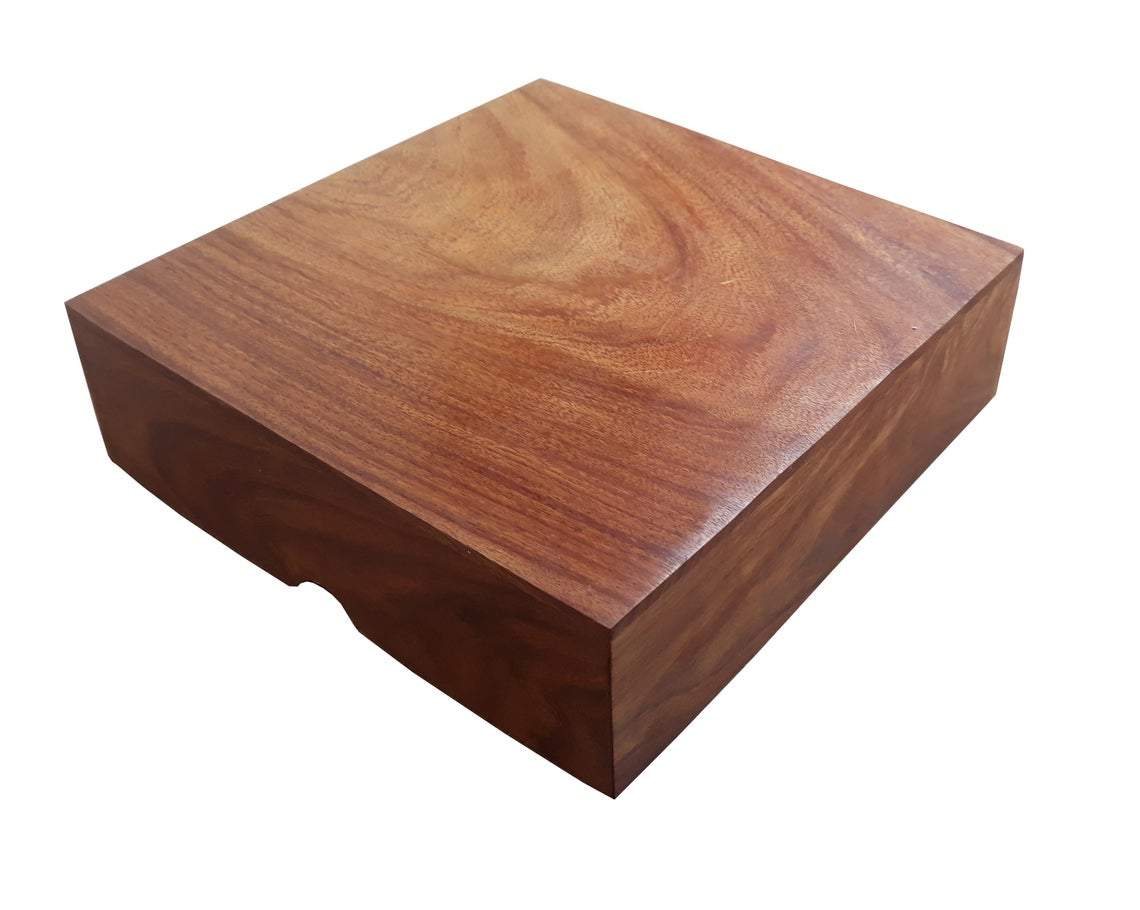
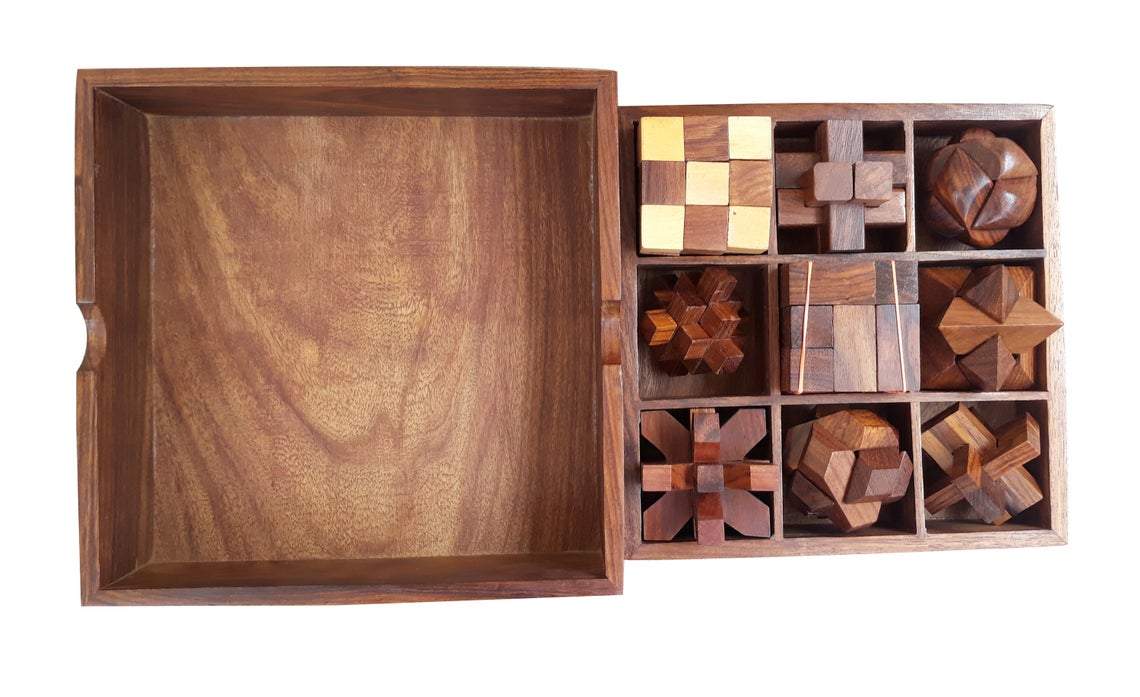
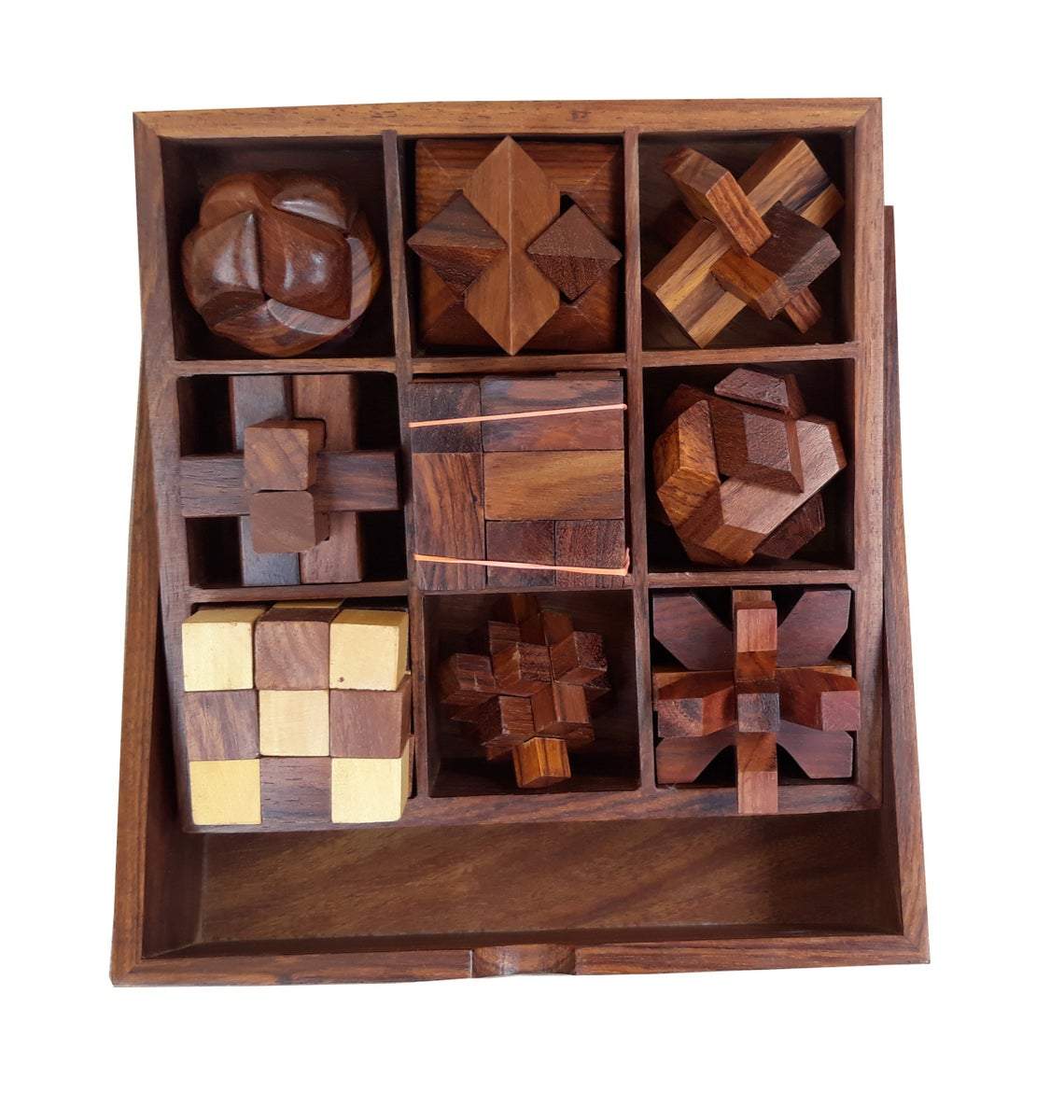





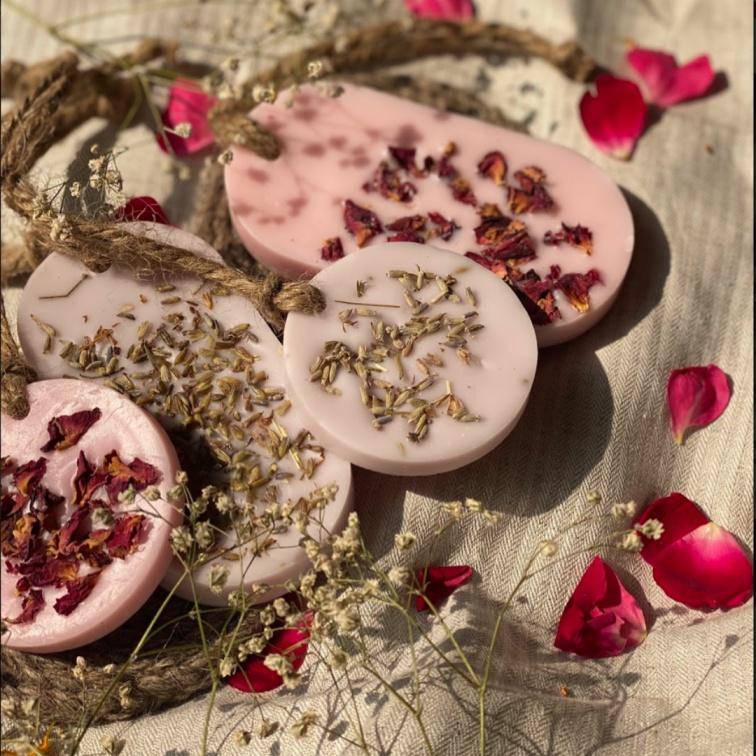
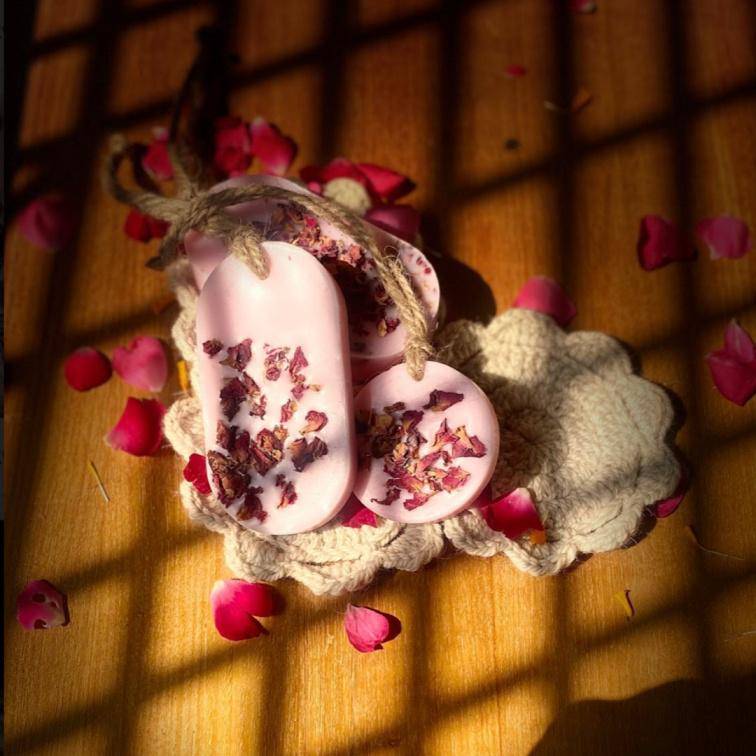
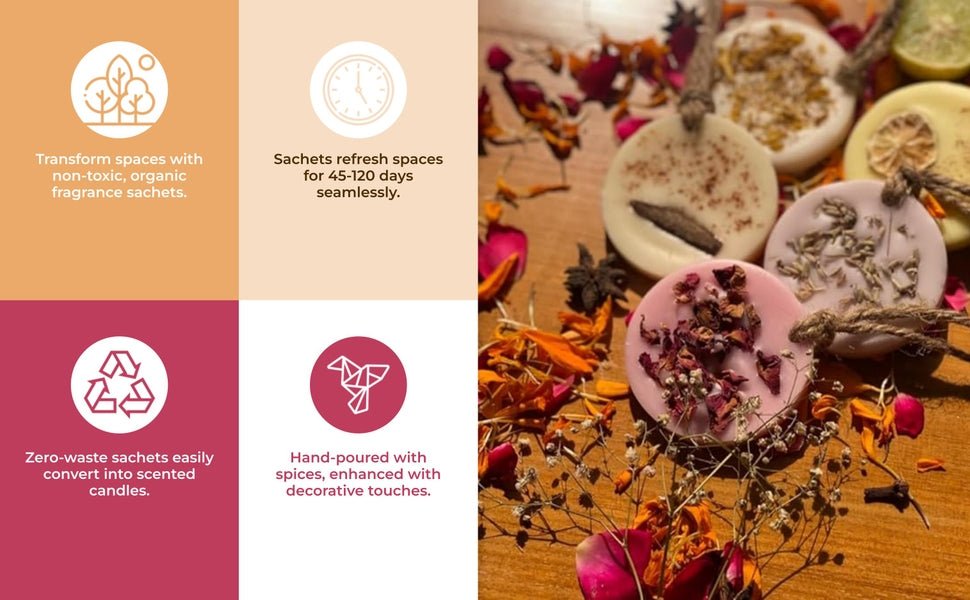



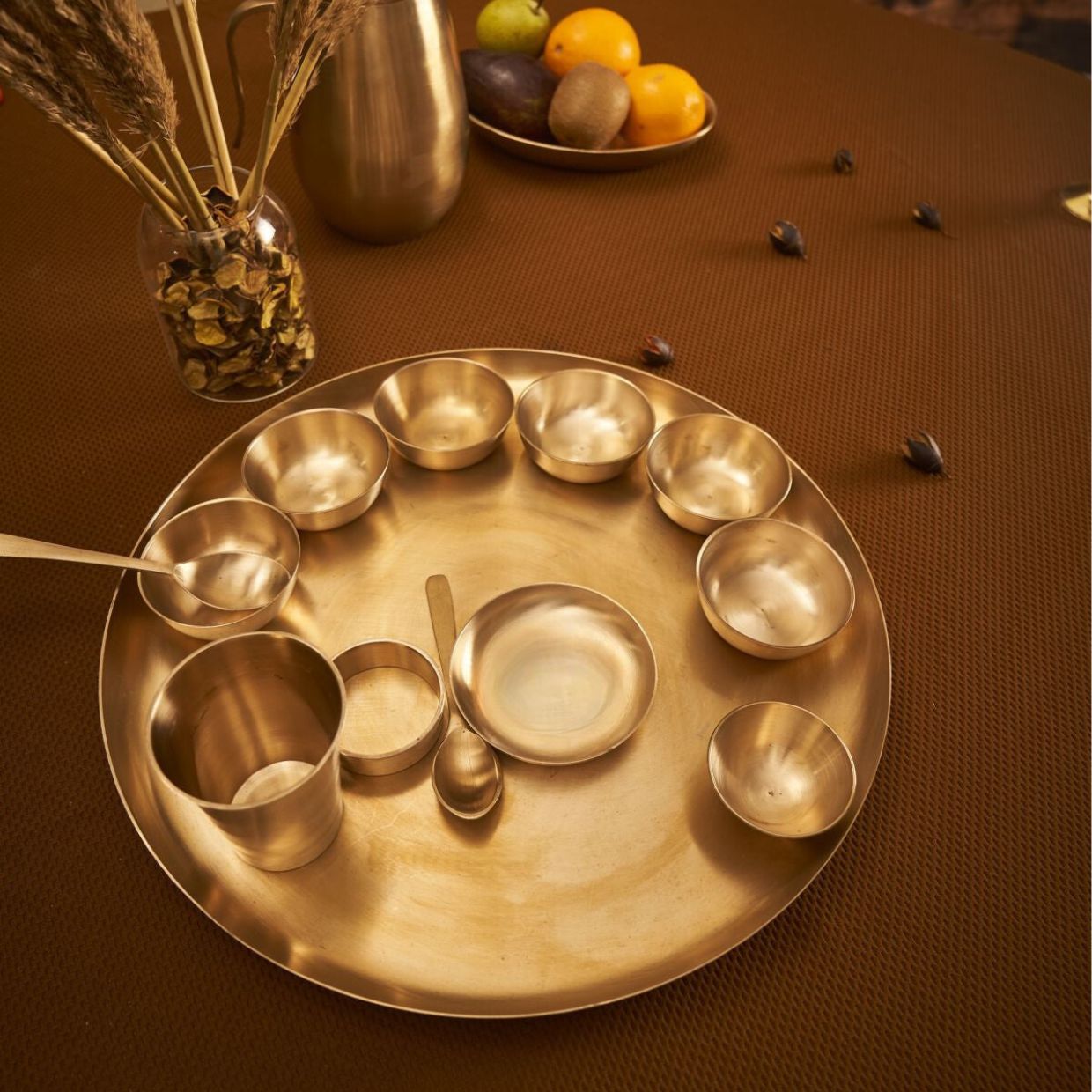
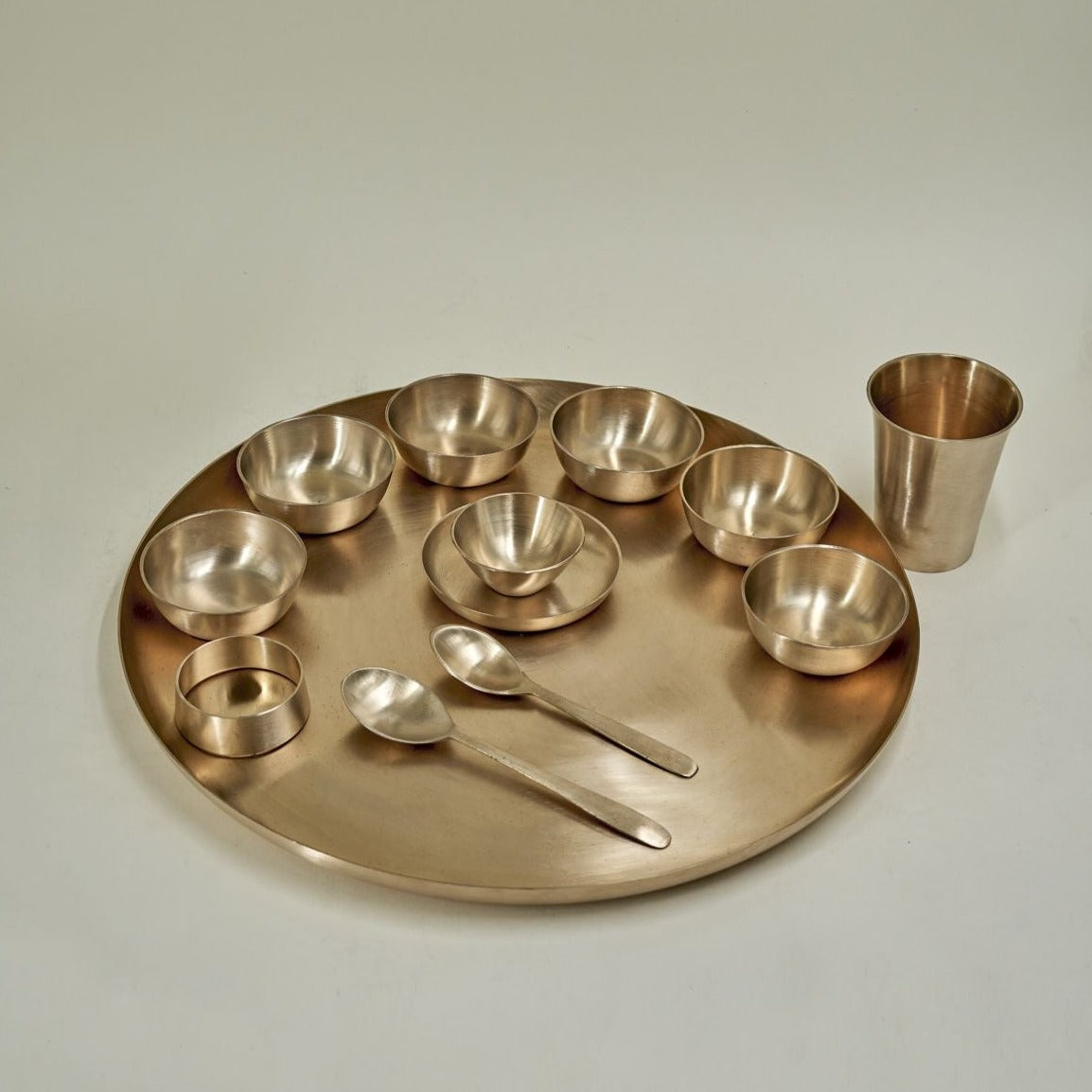
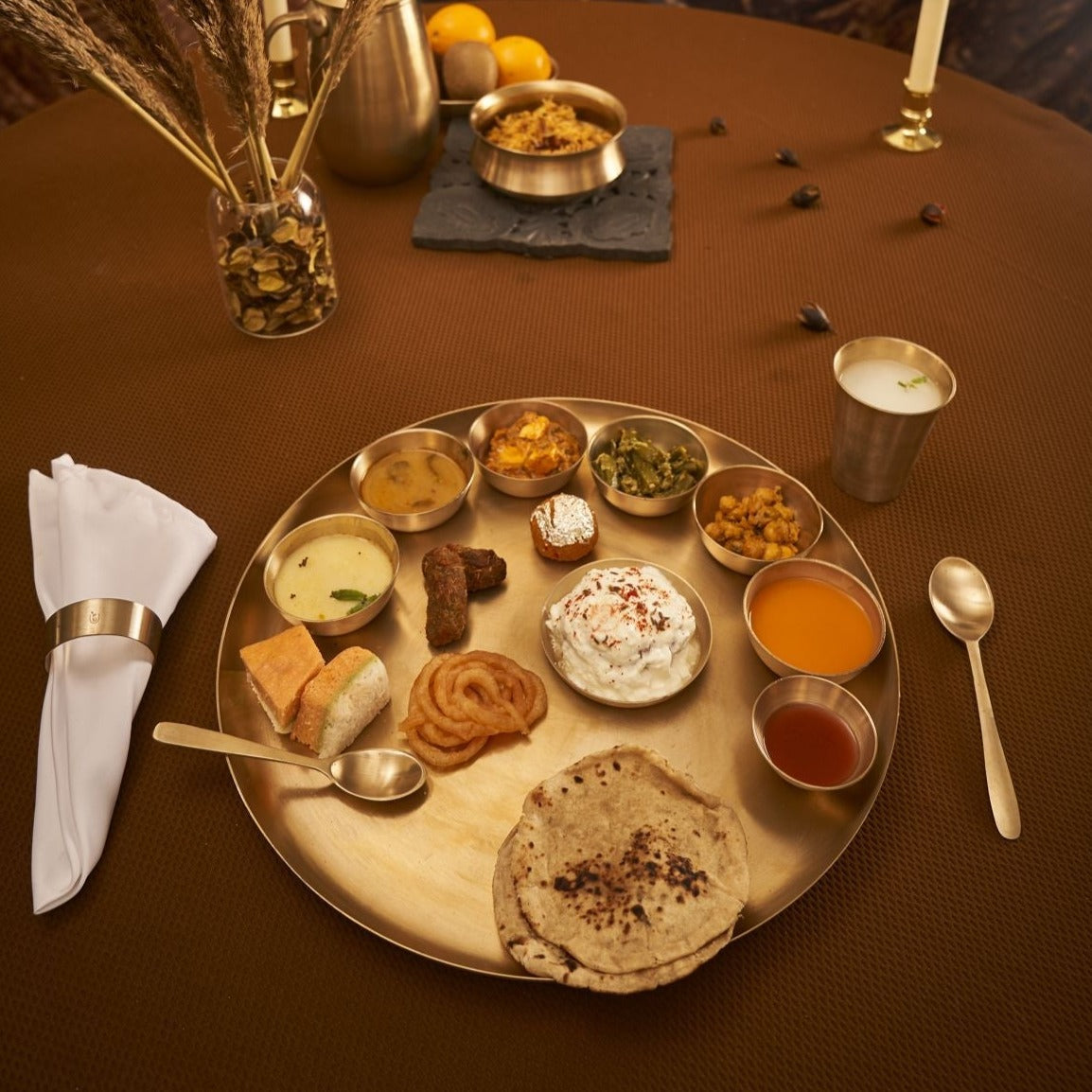
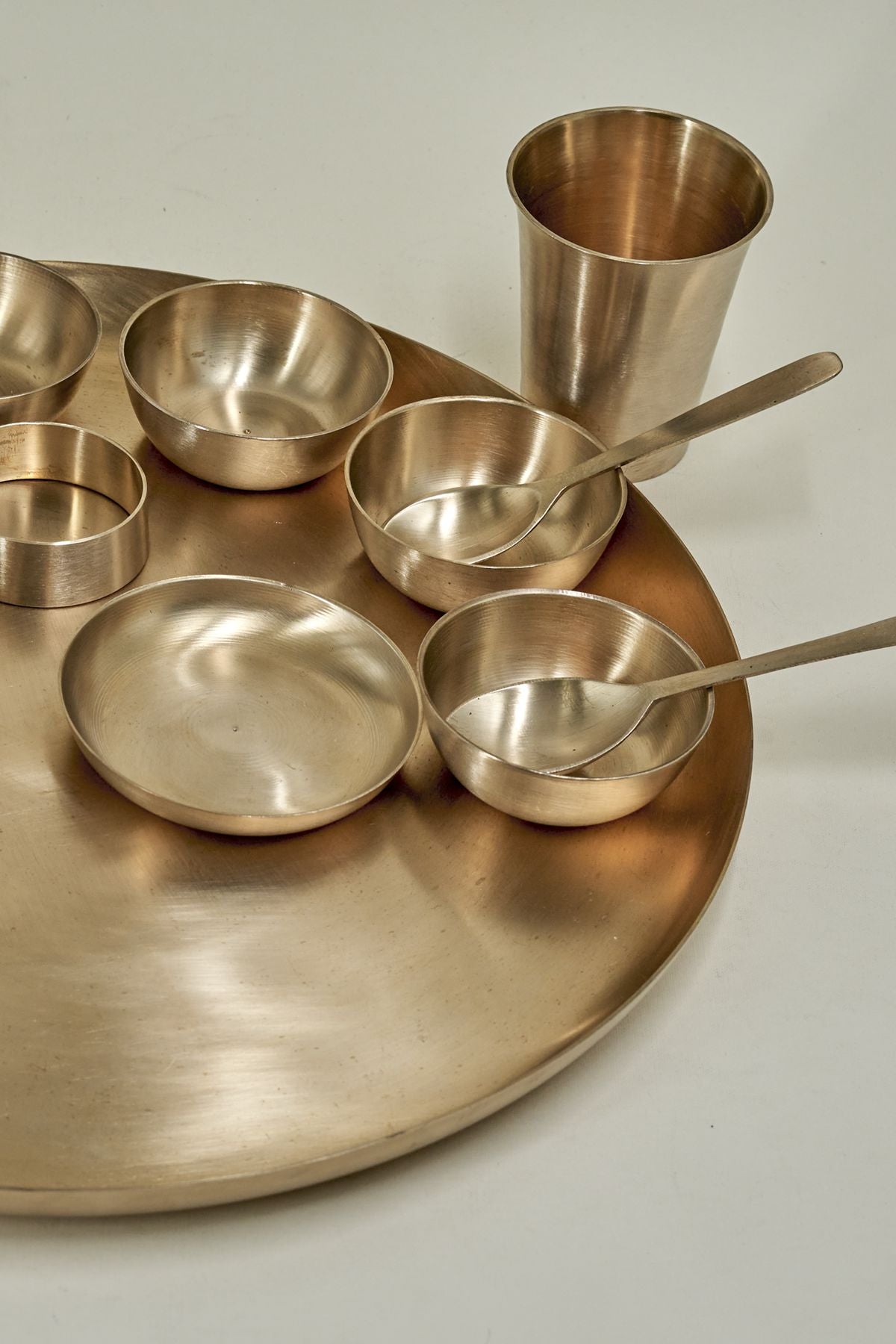
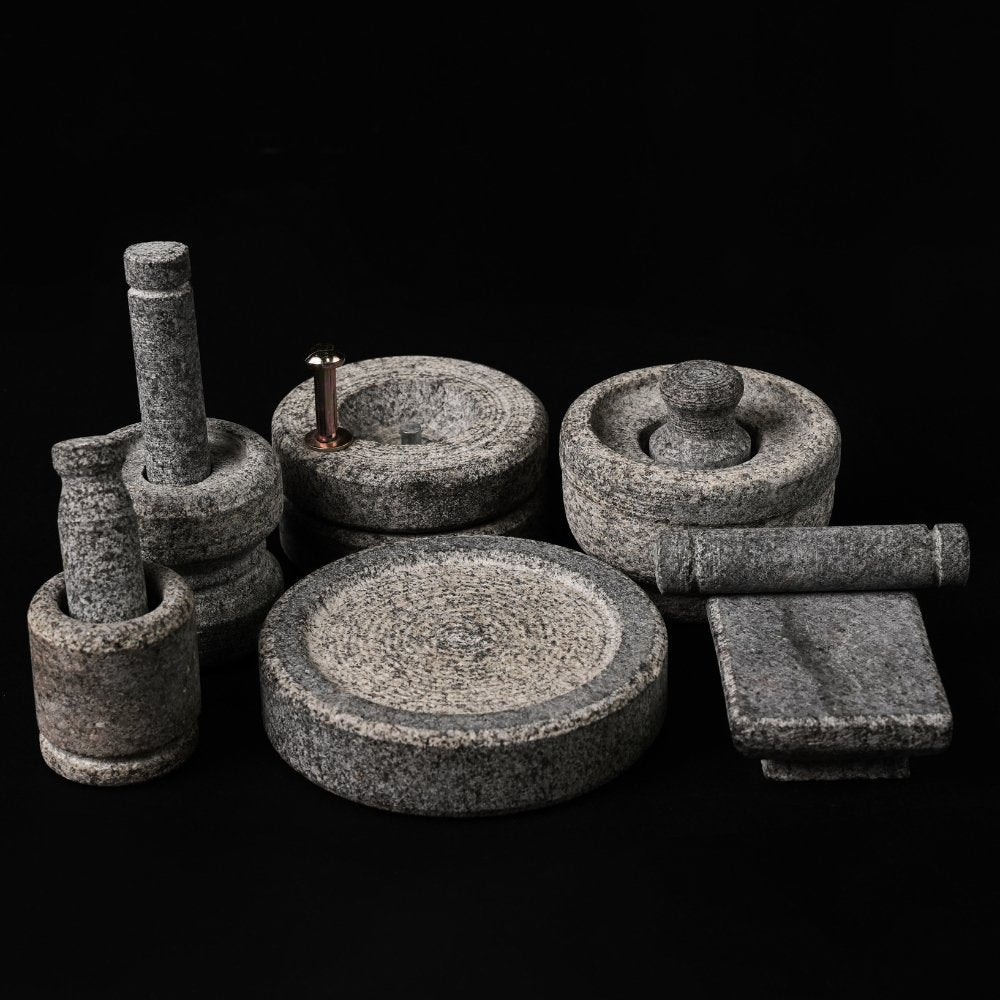
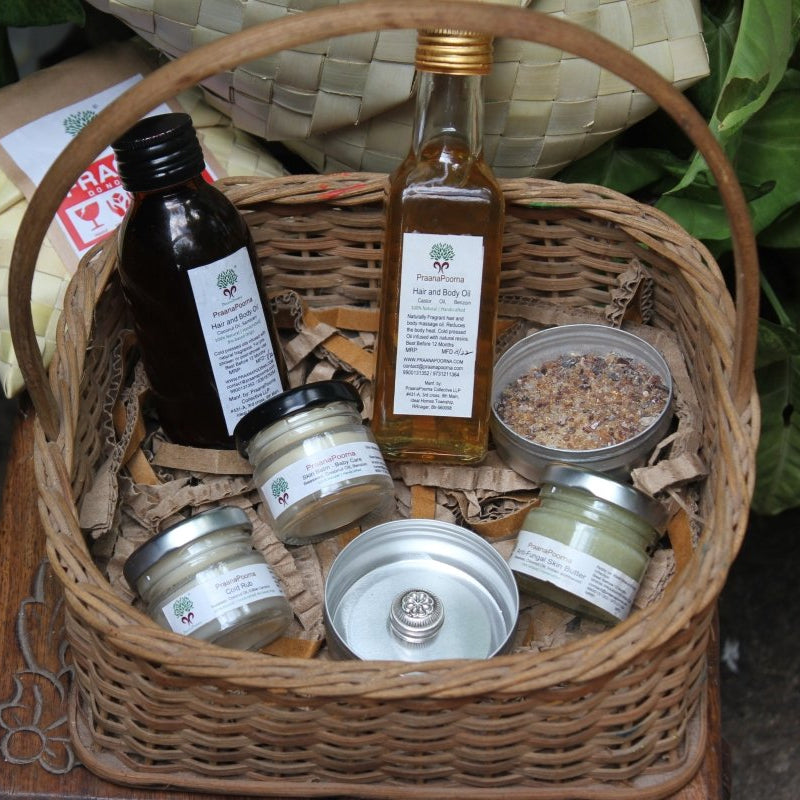
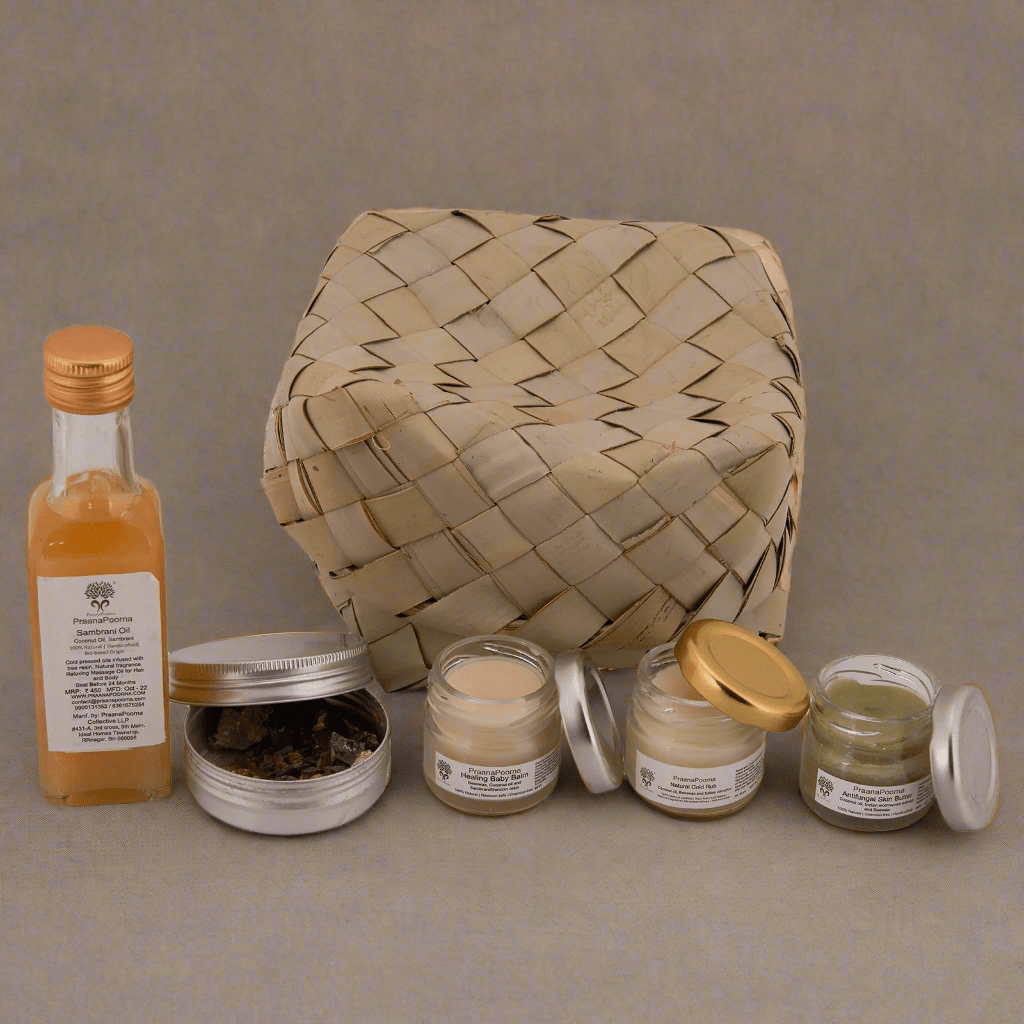
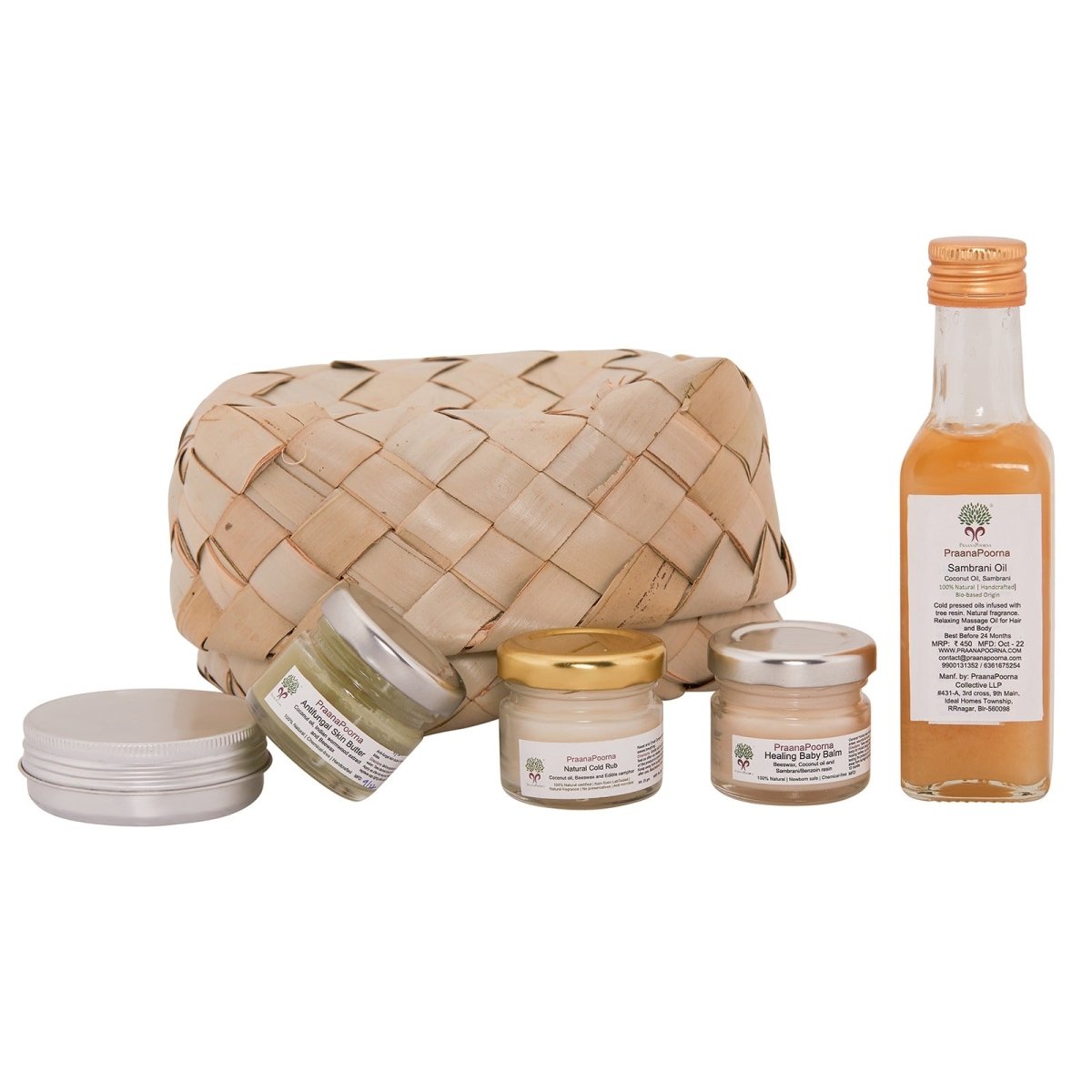
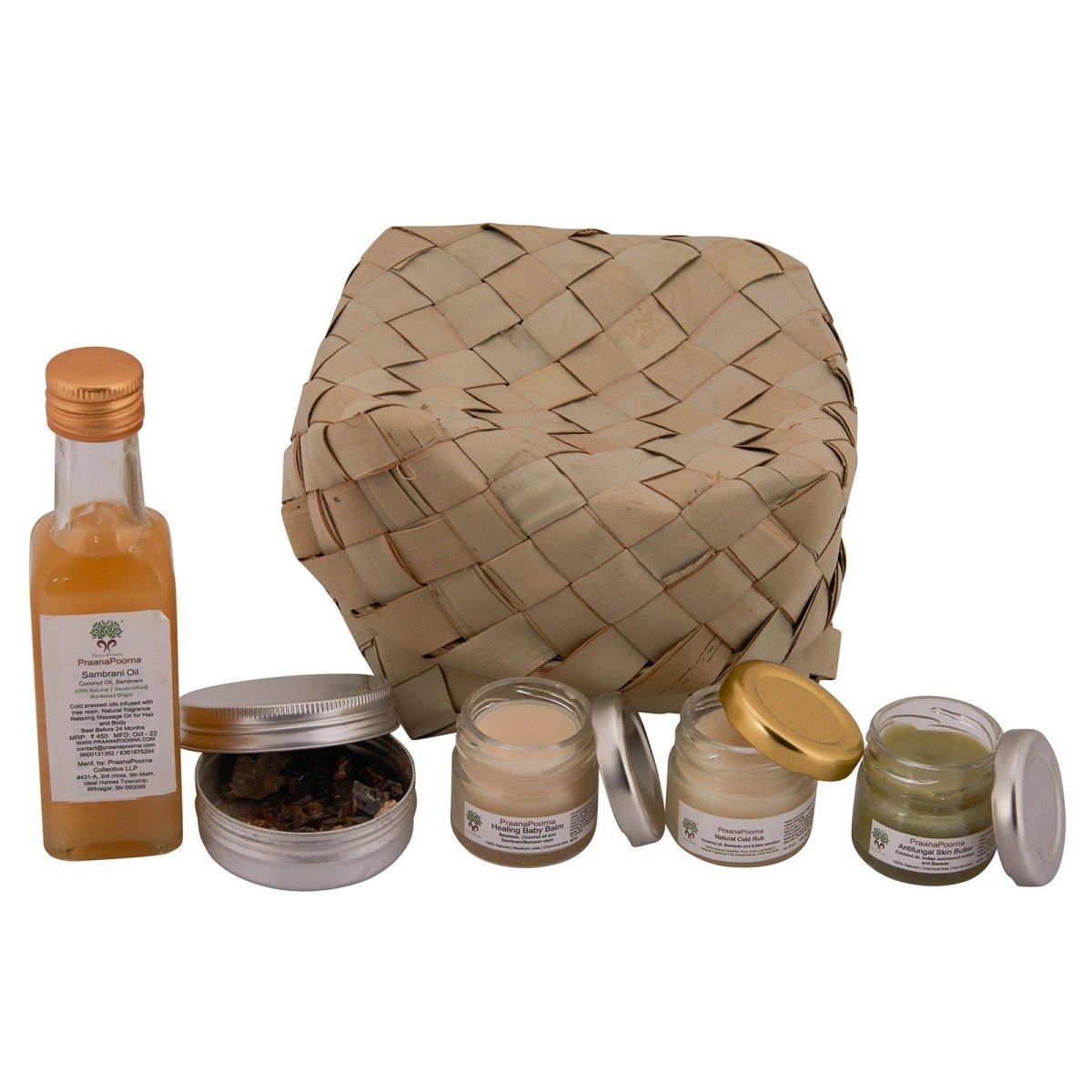
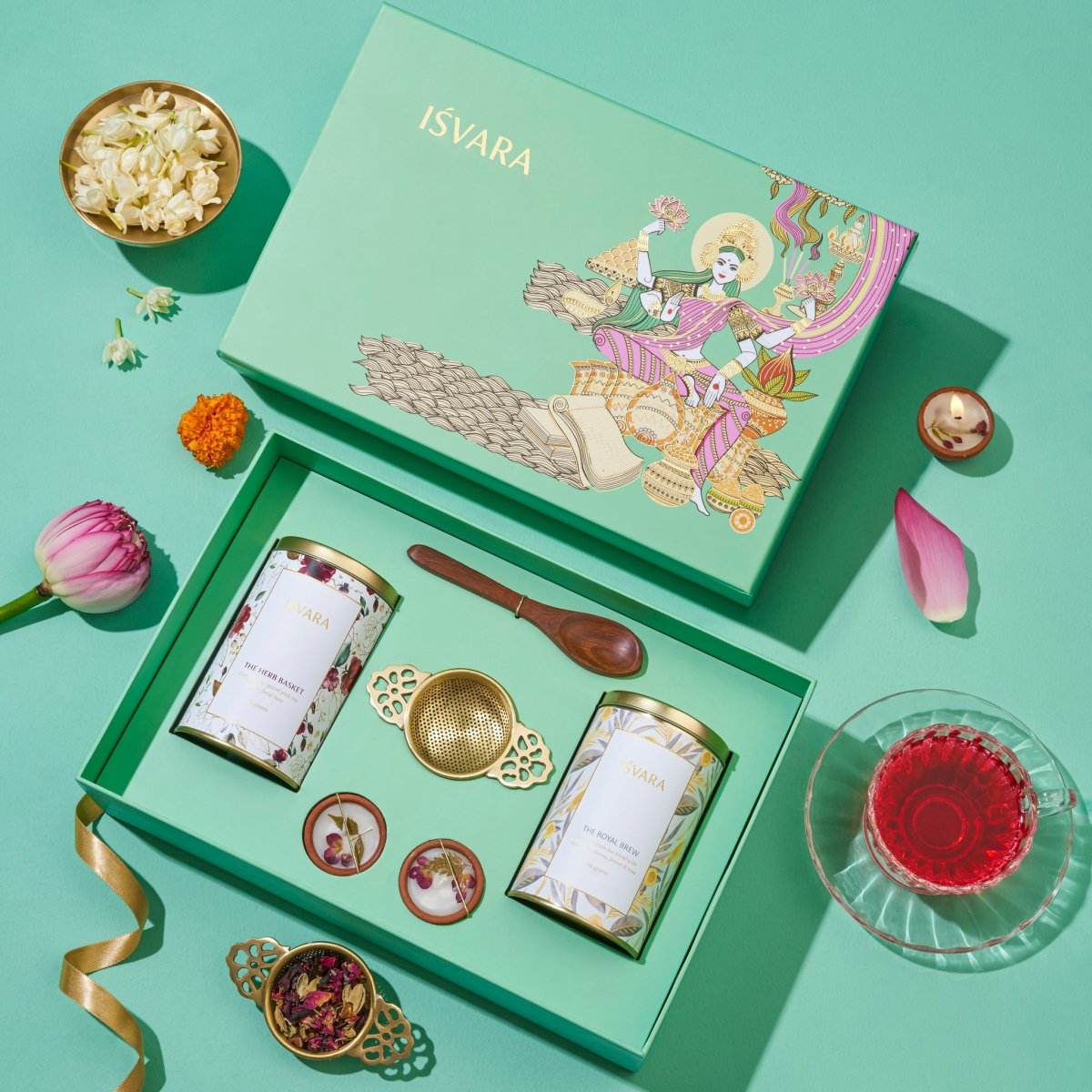
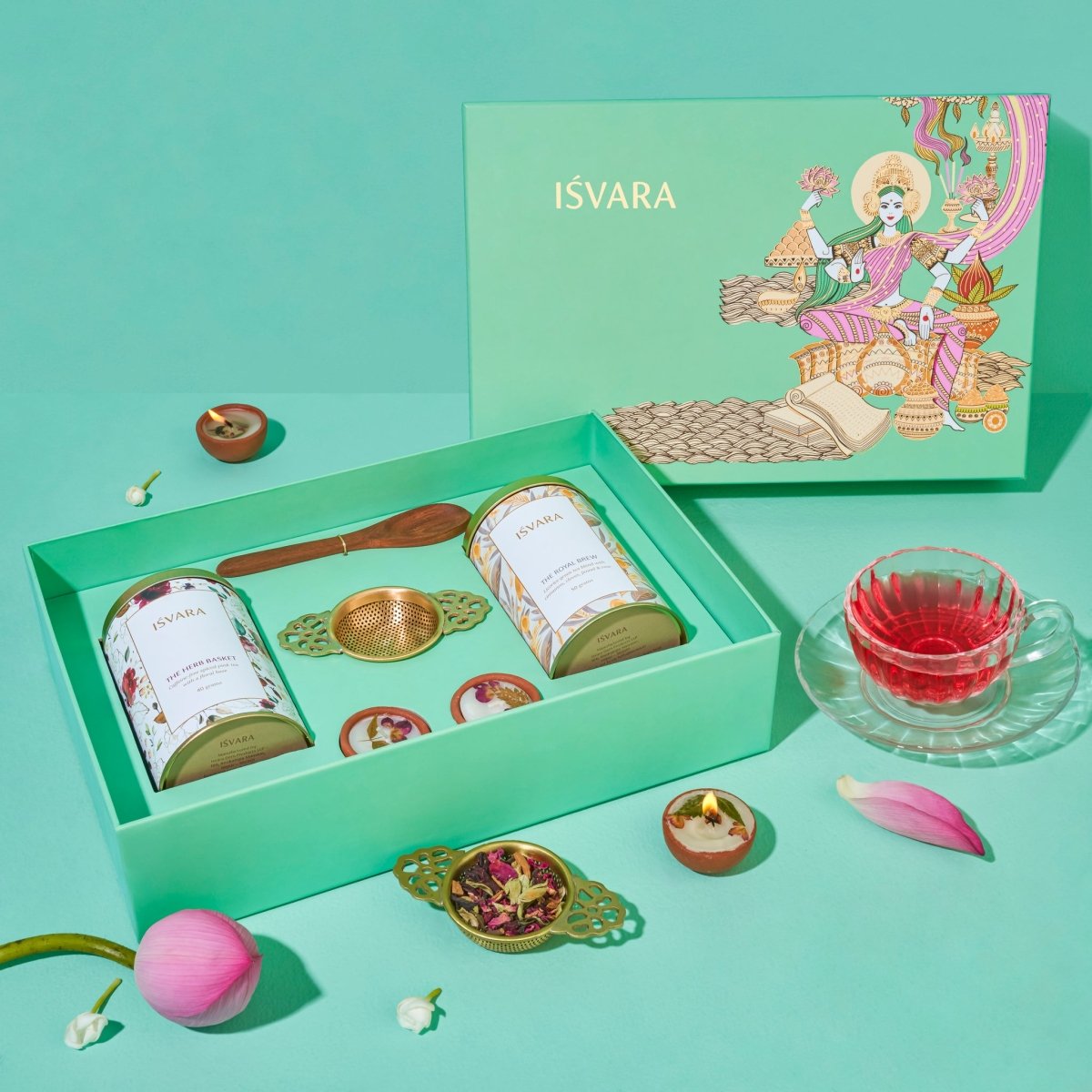
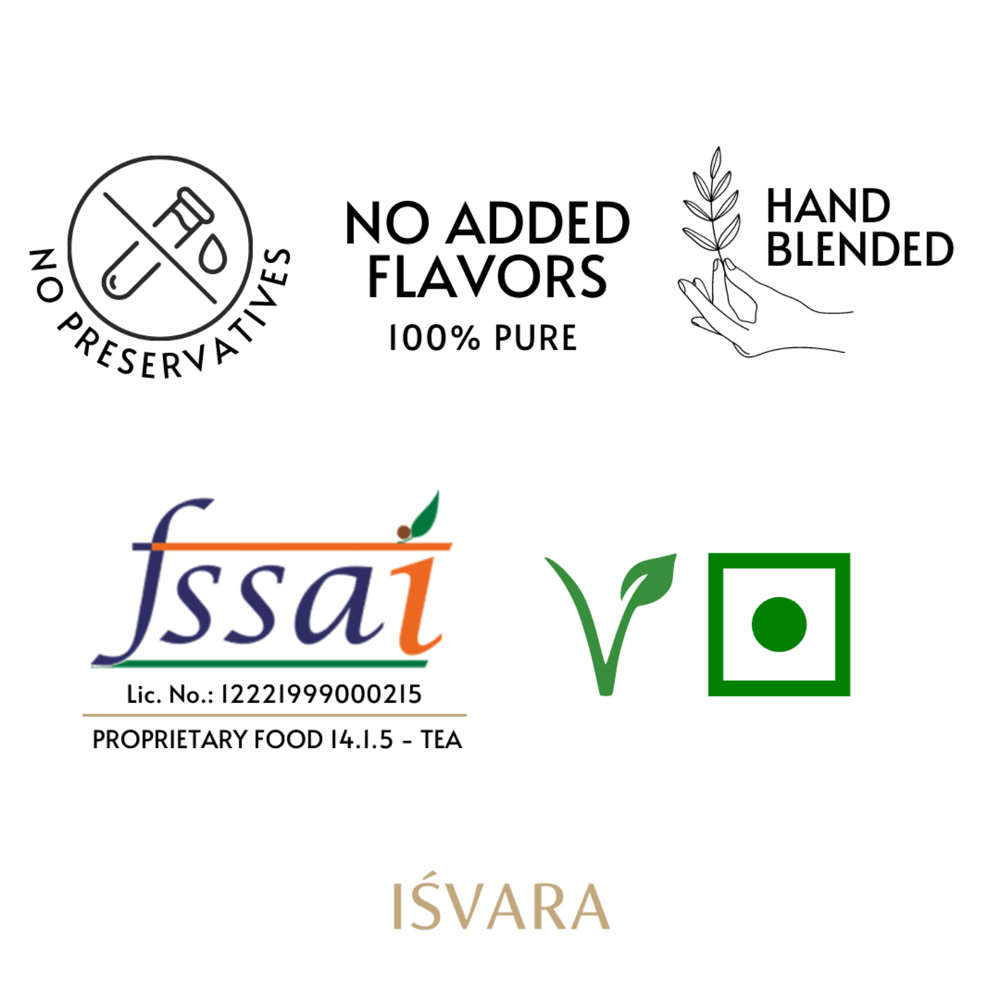
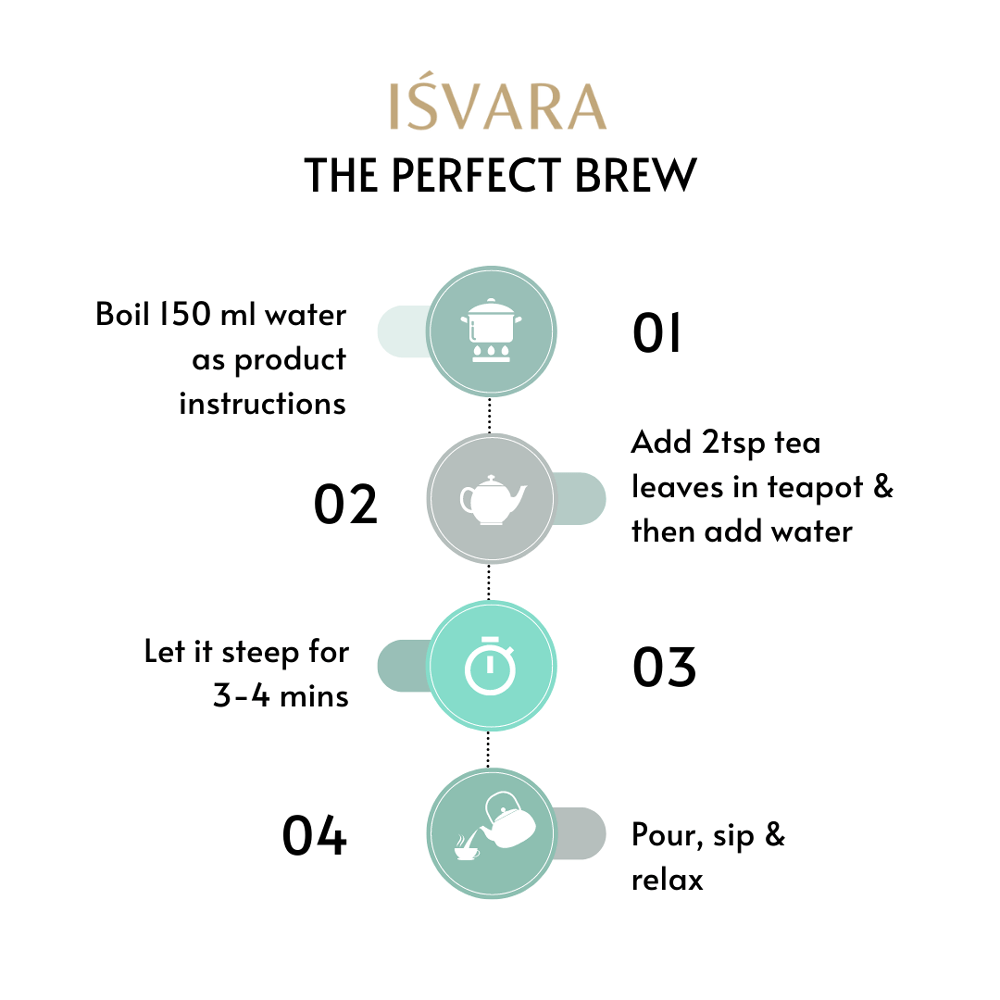
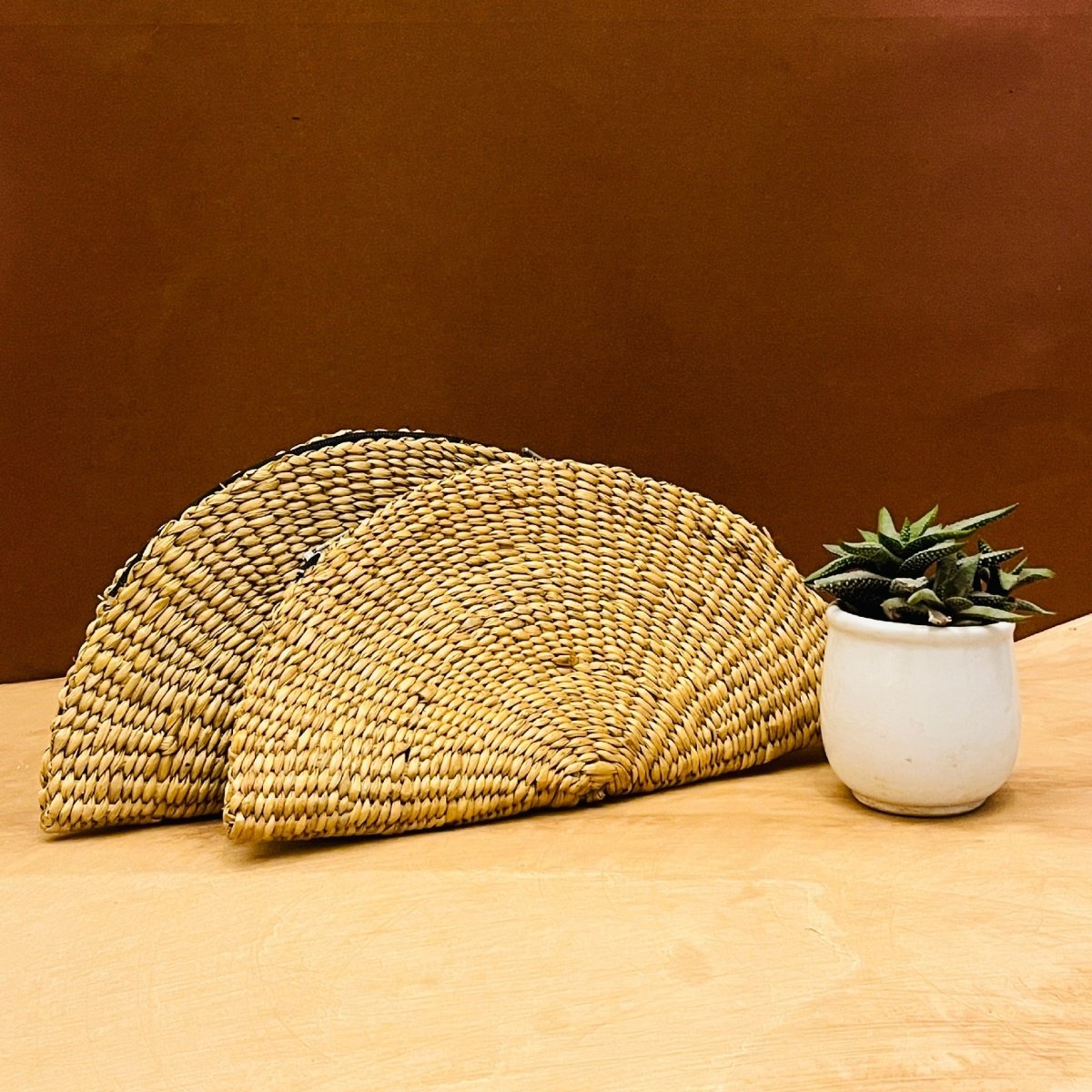
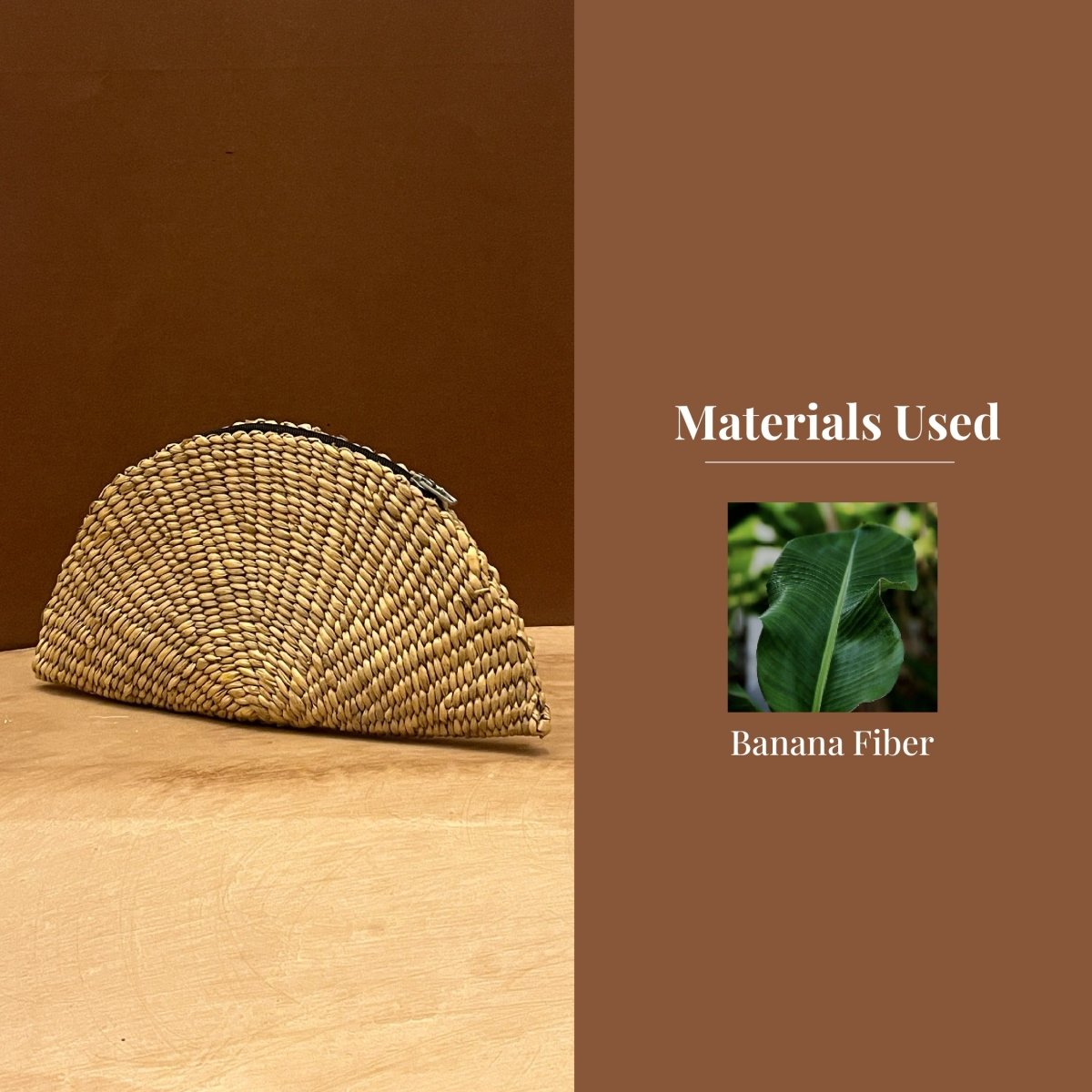

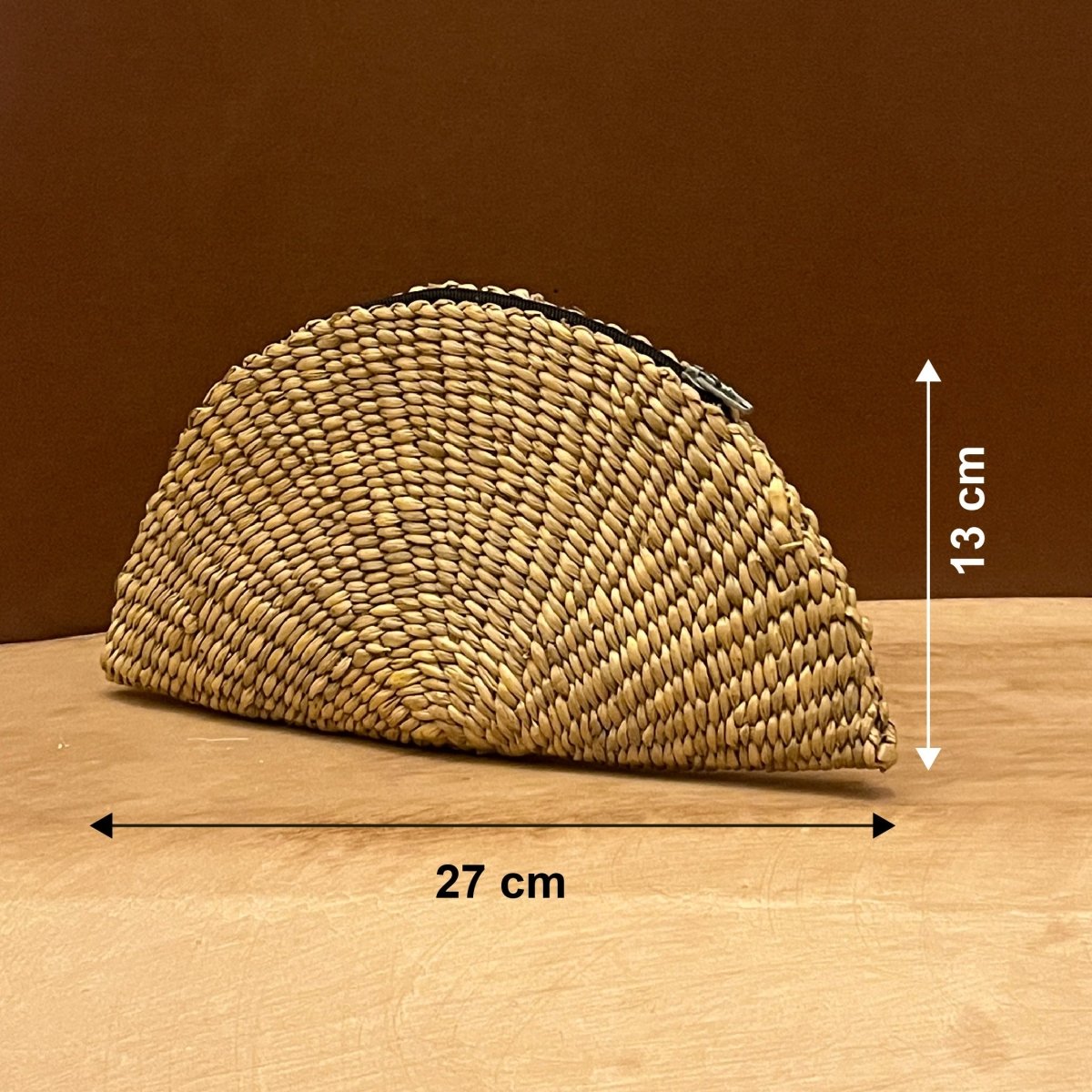
Share:
Perfectly Imperfect: My journey of Becoming Sustainable by Pragya Kapoor
Stories From The Inner Circle: The Journey of Masaya